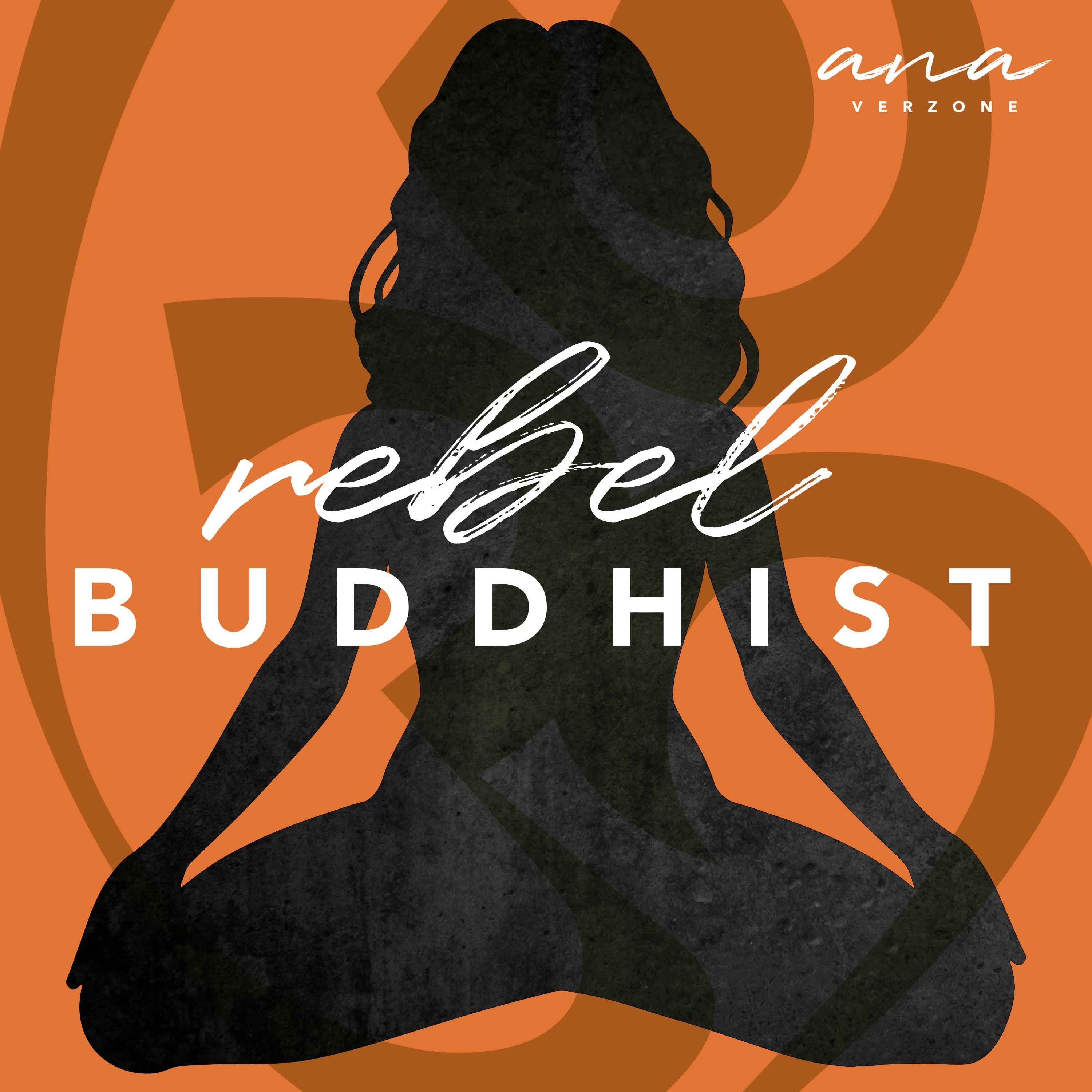Relationship Alchemy - How to Break Unhealthy Patterns
This week we’re diving into what we can do if we find ourselves in an unhealthy dynamic in a relationship that feels stuck. This an apply to not just intimate relationships, but also friendships, relationships with siblings and other family members, and colleagues as well.<br /><br /> Remember that we often come from our default patterns of how we show up in relationships based on our attachment experiences in the past, which led to insecurities that have persisted over time (e.g. that we aren’t worthy or loveable or enough, that the world isn’t safe; that we can't rely on others).<br /><br /> This means that we walk into a relationship with these wounds and these insecurities that form a default way of being in relationship. This affects the partners we choose, the way we approach conflict resolution, the things that activate us, and more.This also means that things can really shift when we take on radical responsibility for our role in the dynamic we are in. When we stop blaming our partner for things that feel really true, and stop putting power outside of ourselves, then we can start to see what we’re bringing to the table and how we’re showing up...and the impact that has on the relationship.This is not meant to gaslight ourselves or to tolerate abuse. This is to own our shit so that we can step into our power again.<br /><br /> Then we can slowly make changes and allow for something different to grow – to allow the relationship alchemy to take please. This can happen in the relationship even if the other person doesn’t participate in the same healing you do.<br /><br /> Why might this work?<br /><br /> Because how we see the world and respond to it impacts how we show up in the world and in our relationships, which impacts others in our life and also how they also respond and react. This is similar to the scientific experience of the observation effect, which basically means the very act of observing directly alters the phenomenon under investigation.<br /><br /> There’s also negativity bias, which is a cognitive bias that explains why negative events or feelings typically have a more significant impact on our psychological state than positive ones, even when they’re of equal proportion. So we come to the table with that too.<br /><br /> But that’s not all! Not only do we remember negative events more, we also have a filter through which we see the world, and are constantly scanning for danger and confirmation of our beliefs. So if we believe our partner will let us down, we scan for that. This is known as confirmation bias - the tendency to interpret new evidence as confirmation of our existing beliefs or theories.There are 3 types of confirmation bias:Biased search for information - we only look for evidence to support our current beliefsBiased interpretation - we interpret things according those beliefs, no matter what the data actually saysBiased memory - we choose to remember things that fit our belief system So taking all this into account, we can see what we bring to the table in a relationship, right? We can also see how when we work on our own thoughts, beliefs, feelings, and behaviors, it can have a huge impact on the other person and our interactions with them - and how we act towards them.<br /><br /> It’s not always too late to address a red flag after we’ve chosen to ignore it. If we do the work, there's the possibility of stepping out of codependency and into our power and create a healthier dynamic, where our emotional well-being is less dependent on someone else’s behavior or thoughts about us. From that place of alignment and connection to our true self, we can more effectively decide to stay or walk away.<br /><br /> And even if we don’t eventually stay, when we take the time to do this inner work, we are more likely to not

